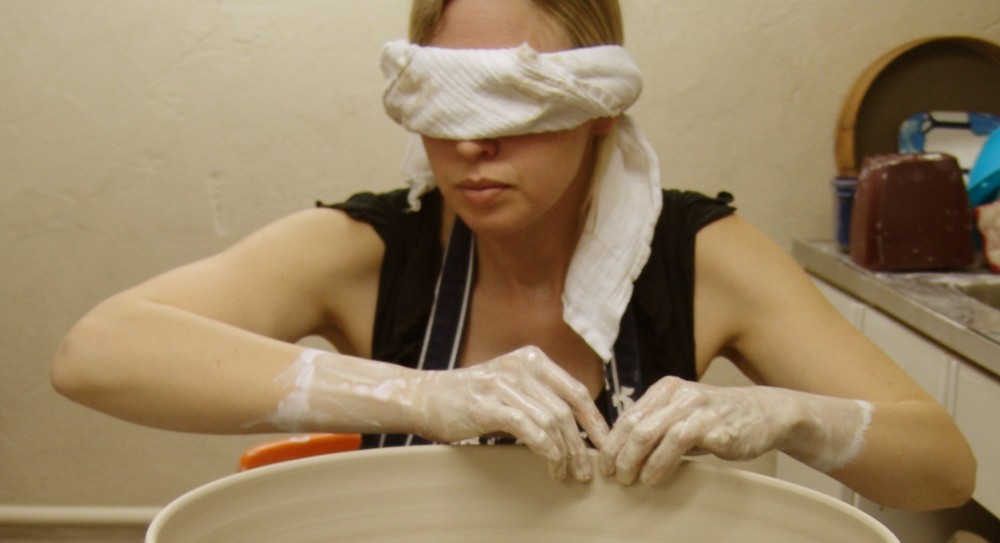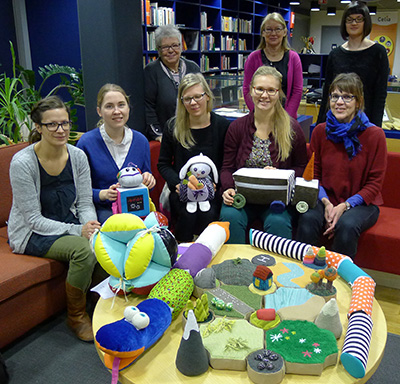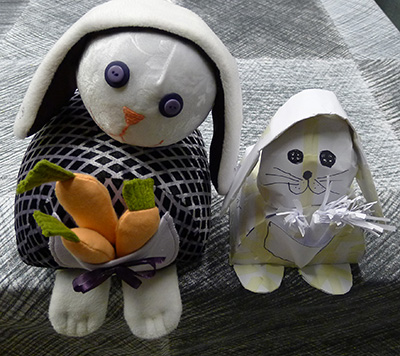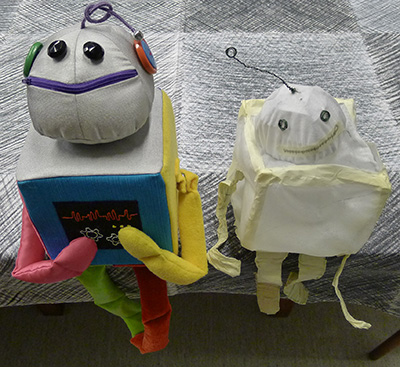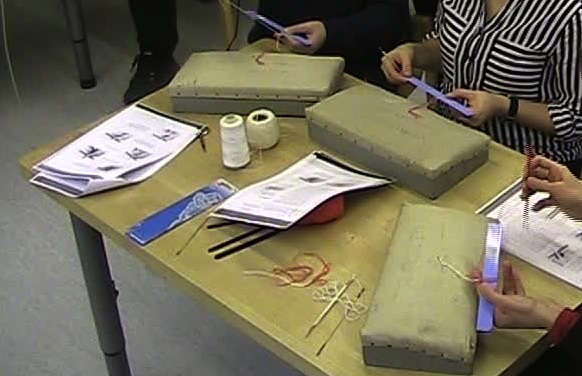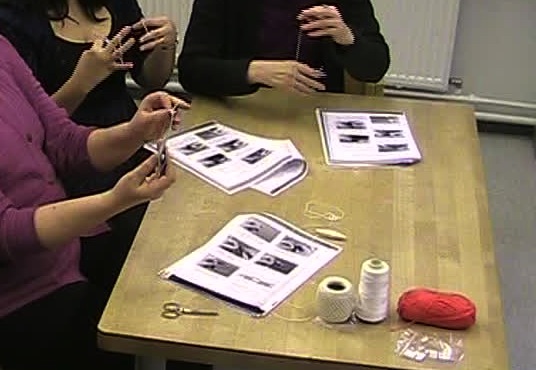(Original advertisement by Camilla Groth in May 2013)
Next Monday 27th May 2013 at 13.30-15.30,
Aalto university, school of art, Design and Architecture
Hämeentie 135
8th floor lecture room 885
PhD Danielle Wilde will give a lecture on the topic of Embodying Neuroplastic Change. Groundbreaking neuroplasticity research demonstrates how interactive technologies can be used to leverage and increase our brain’s capacity to learn. Wilde will discuss how embodied interaction, in particular enriched engagement in artistic activities, may powerfully compliment existing techniques for stimulating neuroplastic change.
Danielle Wilde develops frameworks and structures that engage people kinesthetically and imaginatively, prompting them to reflect on the beauty of diverse ways of being, and how personal, idiosyncratic dreams and desires might help shape our technological future. Her work privileges awkwardness to democratise engagement and give value to diverse ways of moving, thinking and being.
Wilde is a recipient of the 2013-2014 Australian Sidney Myer Creative Fellowship, for outstanding talent and exceptional professional courage. At present she is a Visiting Research Fellow at RMIT School of Fashion and Textiles; a research associate of CSIRO Material Science and Engineering, Australia. Danielle holds the first Fine Arts PhD undertaken within CSIRO – Australia’s national scientific research organisation, and an MA in Interaction Design, from the Royal College of Art, London. Her aim is to shift how people think about their bodies, abilities, creativity and technology.
The event is hosted by Empirica research group, Department of Design,
For more information contact: priska.falin@aalto.fi
WELCOME!
